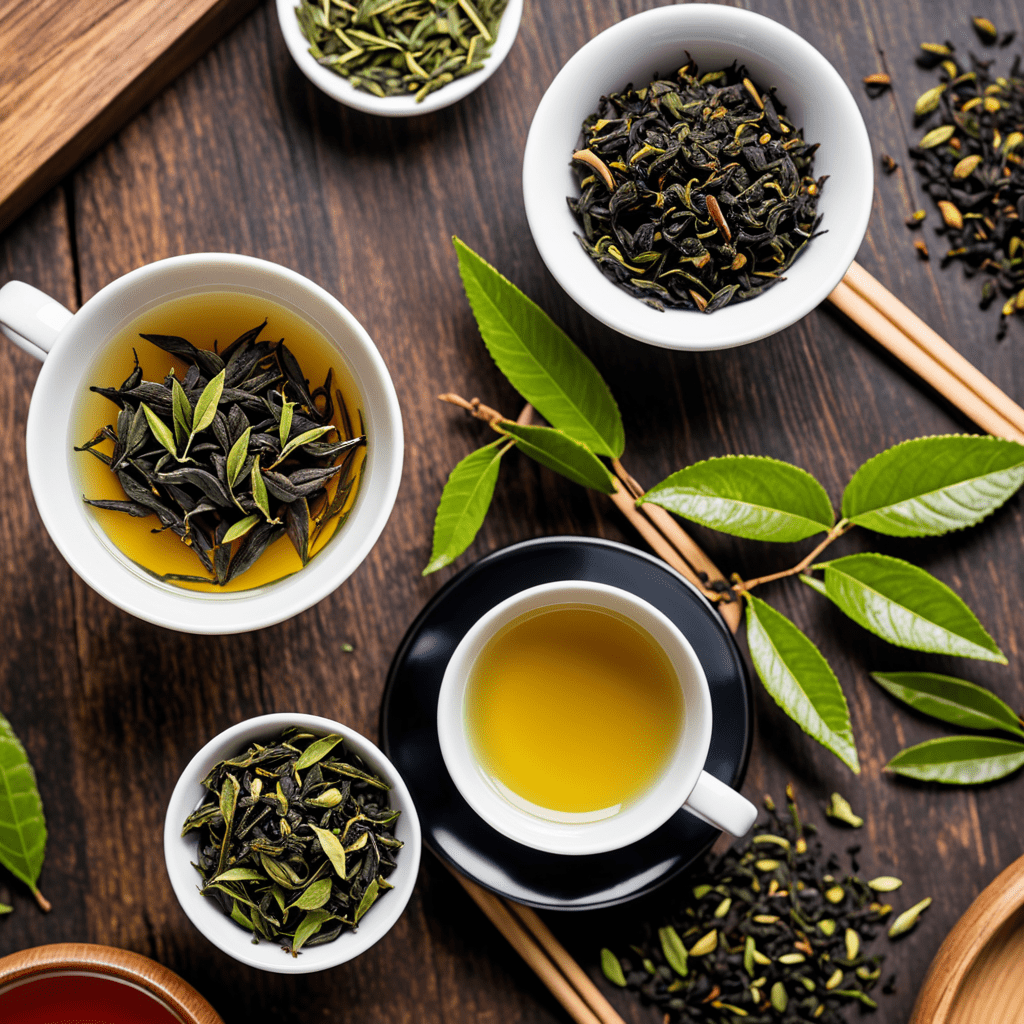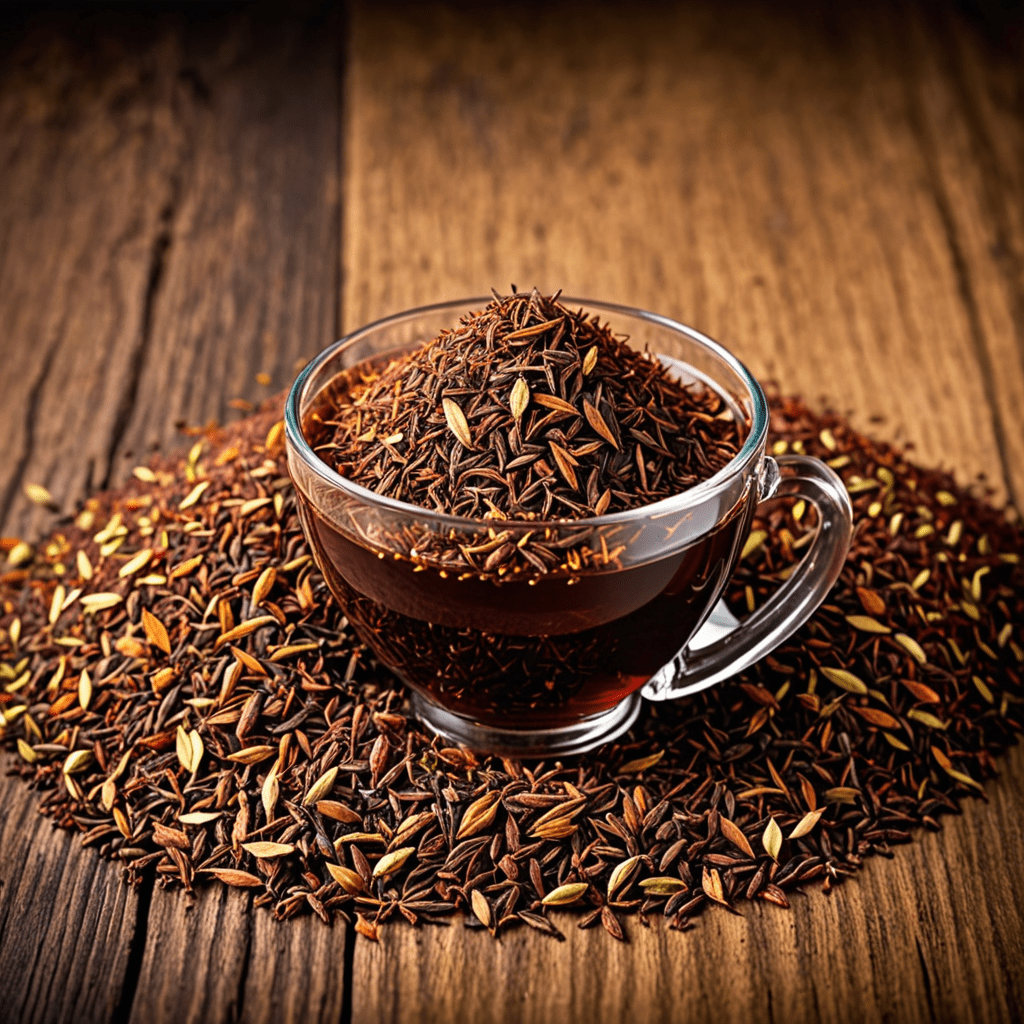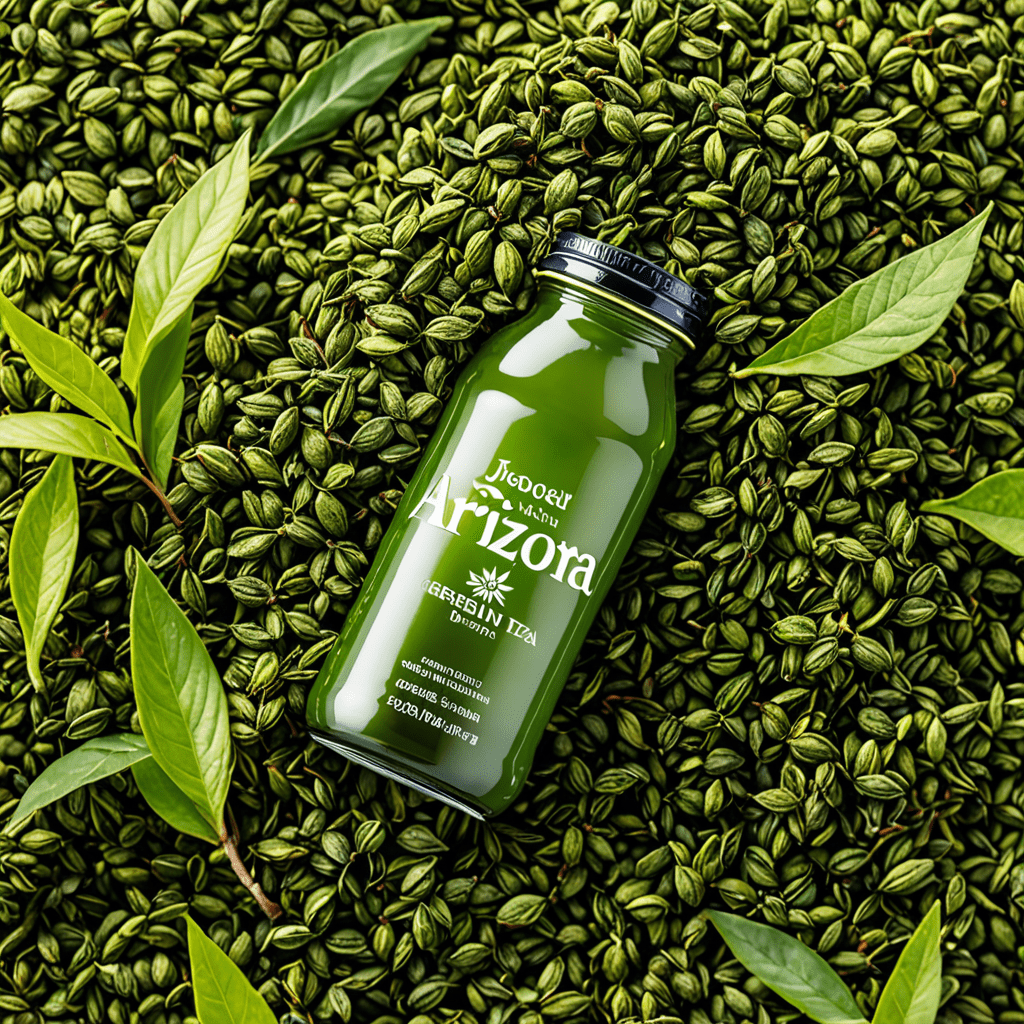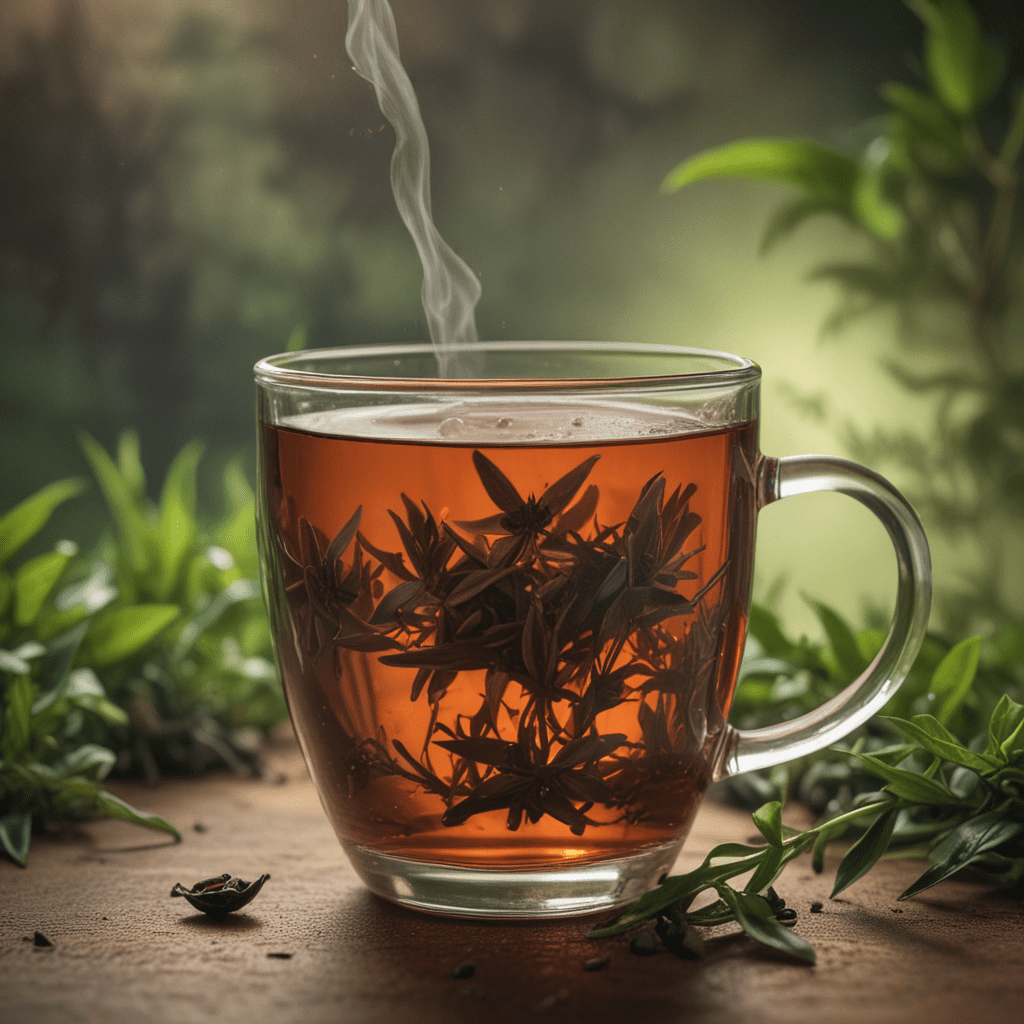
Unveiling the Contrasts Between Green Tea and Black Tea
Introduction
Green tea and black tea are two popular beverages consumed worldwide. While both originate from the same plant, Camellia sinensis, they undergo different processing methods, resulting in distinct flavors, aromas, and appearances. In this article, we delve into the differences between green tea and black tea, shedding light on their unique characteristics and health benefits.
1. Processing
Green tea is minimally processed, allowing it to retain its natural green color and delicate taste. The tea leaves are harvested, lightly withered, and then quickly heated to stop oxidation. On the other hand, black tea undergoes full oxidation, where the leaves are rolled, fermented, and dried. This process gives black tea its dark color and robust flavor.
2. Flavor Profile
Green tea commonly offers a fresh, grassy, and slightly astringent taste. It can have vegetal notes, such as mellow seaweed or steamed spinach. In contrast, black tea has a more pronounced and bold flavor profile. It ranges from malty and earthy to fruity and floral, depending on the tea’s origin.
3. Caffeine Content
Caffeine levels in tea can vary based on several factors, including the tea type and brewing method. As a general rule, however, black tea is known to have higher caffeine content than green tea. This makes black tea a suitable choice for those seeking a morning pick-me-up, while green tea offers a more moderate caffeine boost.
4. Antioxidants
Both green tea and black tea contain beneficial antioxidants. However, due to the minimal processing, green tea retains a higher concentration of certain antioxidants, such as epigallocatechin gallate (EGCG). These compounds have been associated with various health benefits, including the potential to reduce the risk of chronic diseases.
5. Brewing Techniques
The brewing methods for green tea and black tea may differ to optimize their flavors. Green tea is often brewed at lower temperatures (around 160-180°F or 70-82°C) for a shorter duration to avoid bitterness. Black tea, on the other hand, benefits from higher brewing temperatures (around 200-212°F or 93-100°C) and longer steeping times to unlock its full-bodied taste.
6. Digestive Properties
While both green tea and black tea can provide digestive benefits, they have different impacts. Green tea is known to have a soothing effect on the digestive system, aiding in digestion and reducing bloating. Black tea, with its higher tannin content, can have a slightly astringent effect, which may help alleviate diarrhea and improve digestion.
7. Frequently Asked Questions (FAQ)
Q: Can I substitute green tea for black tea in a recipe?
A: While green tea and black tea have different flavors, you can generally substitute one for the other in recipes. Keep in mind that the substitution may alter the taste of the final dish or beverage.
Q: Which type of tea is better for weight loss?
A: Both green tea and black tea can be incorporated into a healthy lifestyle for their potential weight loss benefits. Green tea, with its higher concentration of antioxidants, has often been linked to weight management. However, the overall impact on weight loss is influenced by various factors, including diet and exercise.
Q: Does green tea have more health benefits than black tea?
A: While green tea is often touted for its potential health benefits, black tea also offers its fair share of advantages. The different processing methods result in varying antioxidant profiles, but both types of tea can contribute to a healthy lifestyle when enjoyed as part of a balanced diet.
Q: How much caffeine is typically found in green and black tea?
A: Caffeine levels in tea can vary, but as a general guideline, an 8-ounce (240 mL) cup of green tea may contain approximately 30-50 mg of caffeine, while black tea can have around 40-70 mg of caffeine. Factors such as brewing time, water temperature, and tea quality can affect caffeine content.


